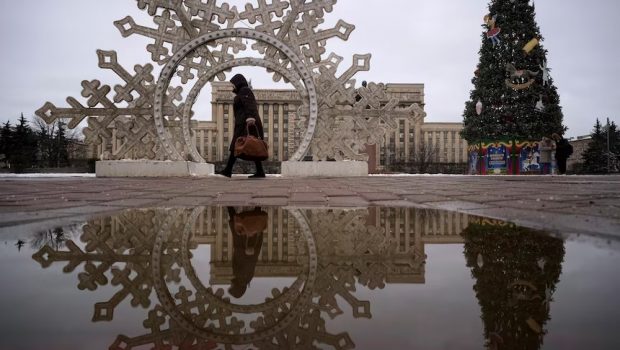
the war between Russia and Ukraine Started February 24, 2022 ABC Hosts analyze how life has changed in Russia.
The analysis is signed by Alexander Titov of The Conversation. “It had been a year since I last traveled to Russia. At the time, most of the people I met thought the possibility of war with Ukraine was very remote, despite the massive build-up of forces in Ukraine. the border. So I was curious to see how people’s attitudes have changed since then,” notes Titov.
In his analysis, he asserted, it was equally important to see for myself how the war changed life in Russia.
“Surprise”
“The first surprise was how normal life is. Despite media reports of gloom and doom as a result of Western sanctions, everything is going as before. Local banking, salaries and pensions are being paid on time, and e-commerce everywhere is bustling with activity.” And shops are full of food and consumer goods.In St. Petersburg, at least, I found it difficult to notice any change in everyday life compared to January 2021, Alexander Titov wrote.
However, if you dig deeper, the impact of sanctions is real, notes the analyst. One of the topics that is still constantly coming up is auto parts, which are becoming noticeably more expensive. But even so, new supplies are now being shipped out. This applies to almost any other consumption-oriented thing. There is no shortage, even Western products such as whiskey, supermarket shelves are completely full.
about travel restrictions
Travel restrictions in the European Union have had an impact – but not as much as measures put in place during the coronavirus pandemic. People can still travel to many countries, such as Turkey, Egypt or the Gulf countries.
Businessmen complain of difficulties, especially those active in the import and export sector. But after a few chaotic months, companies have found new shipping routes through third countries, such as Turkey or Kazakhstan, Titov notes.
An acquaintance of mine who works in a defense-related field scoffed at the idea that Russia might run out of missiles. He told me the defense industry has been stockpiling key components for years and is also using more domestic alternatives (although this is a claim I haven’t been able to verify). The rest can still be bought – albeit at inflated prices. Their real problem is not a shortage of parts, but the ability to ramp up production to meet growing military demands,” the analyst notes.
Adapting to the new normal
The general impression that emerges from conversations with people in various businesses is that their main concern is adjusting to the new normal. Many things will be less efficient and more expensive, but the Russian economy will not collapse.
Titov writes that if this is a crisis for Russia – and it is – it has nothing to do with the upheavals of the early 1990s, when the state, society and economy collapsed simultaneously.
Don’t mention the war
“Another thing that surprised me was how much war was avoided on a daily basis,” Titov describes.
“You see reports of the war on TV news and committee shows (which are constantly toeing the government line), but I felt better informed about the war using Telegram in Belfast – where I live and work – than when I spoke to people in St Petersburg. I found it You can have whole conversations without being brought up about Ukraine, unless I bring it up on purpose.”
My general impression was that the invasion reinforced people’s pre-existing views. Those who have always opposed Putin hate it, while those who support the government remain largely supportive of it. But the overwhelming majority tries to ignore it as much as possible, ”Alexander Titov assures.
“No one I spoke to was happy that the war had begun, but there is an important caveat: Just because he feels sorry for it doesn’t mean he wants to end the war at any cost. The only thing worse than war, some said, is losing the war.”
about the protests
“And there is not much evidence of popular protests. It is clear that many opponents of Putin have already left the country, especially since the protests began in September 2022. Many opponents of the war have been imprisoned. Two of my friends (a longtime critic of the regime) were planning to leave to avoid Conscription in the future, ”Titov emphasizes.
He adds that: “One of the most common questions asked about the energy situation was: ‘How much do you pay for gas in the UK?'” “
The United Kingdom and the European Union are suffering from rising energy costs, but it is unlikely that the European economy will collapse or lead to political turmoil — the underlying assumption behind the question, Titov writes meaningfully. The situation is similar in Russia. Despite Western sanctions, there appears to be little danger of the Russian economy collapsing.
perception gap
“After two weeks in St. Petersburg,” says Titov, “I get the impression that society and the economy in Russia were not fully mobilized for the war effort.”
“While partial conscription in September and October last year brought the war closer to home, it involved a relatively small proportion of the population—of everyone I know, only one friend enlisted,” the analyst notes.
Meanwhile, Titov writes, other rounds of conscription were built somewhat into people’s expectations. He predicts that “with the exception of massive military setbacks which lead to a truly massive mobilization, life on Russia’s home front appears to continue largely as usual”.
“One of the biggest lessons from my trip is the huge gap between representations of Russia in the West and what you see when you get there. This gap in perception is likely to be increased by fewer people traveling there today from the West and the suspension of professional and academic ties,” notes Titov.
“While important, relying on comments from anti-Putin activists in exile or those who remain in Russia and remain active on social media will not help, as they are marginalized at home and distant from Russian reality when abroad,” the analyst writes.
“The truth is that there is no substitute for seeing things with your own eyes. I found my recent trip to Russia stressful – but I’m glad I did,” concludes Alexander Titov.

“Hipster-friendly coffee fanatic. Subtly charming bacon advocate. Friend of animals everywhere.”


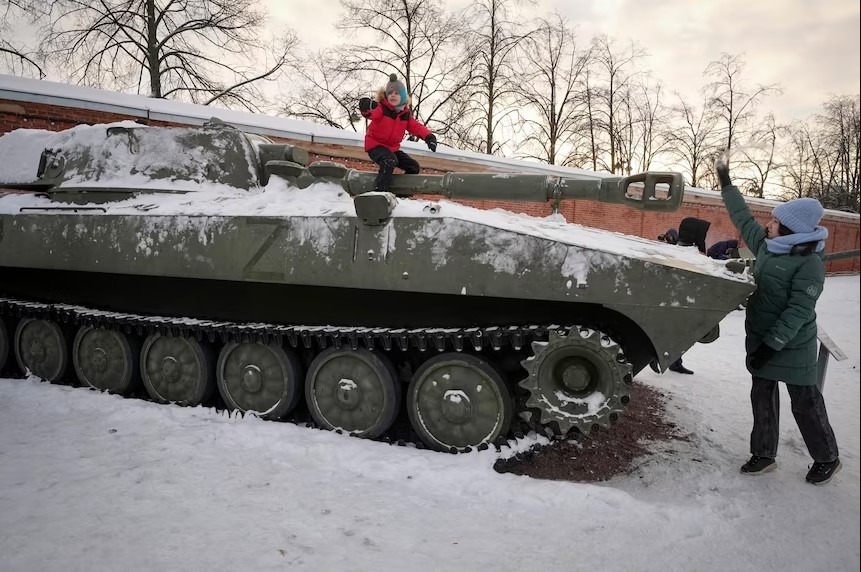
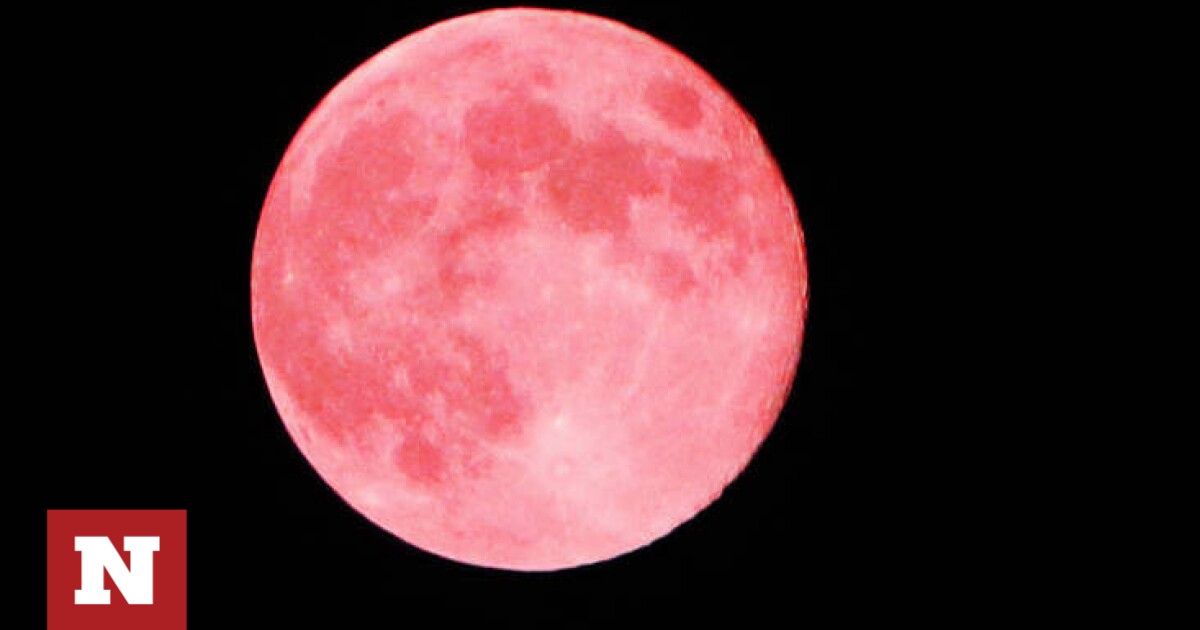
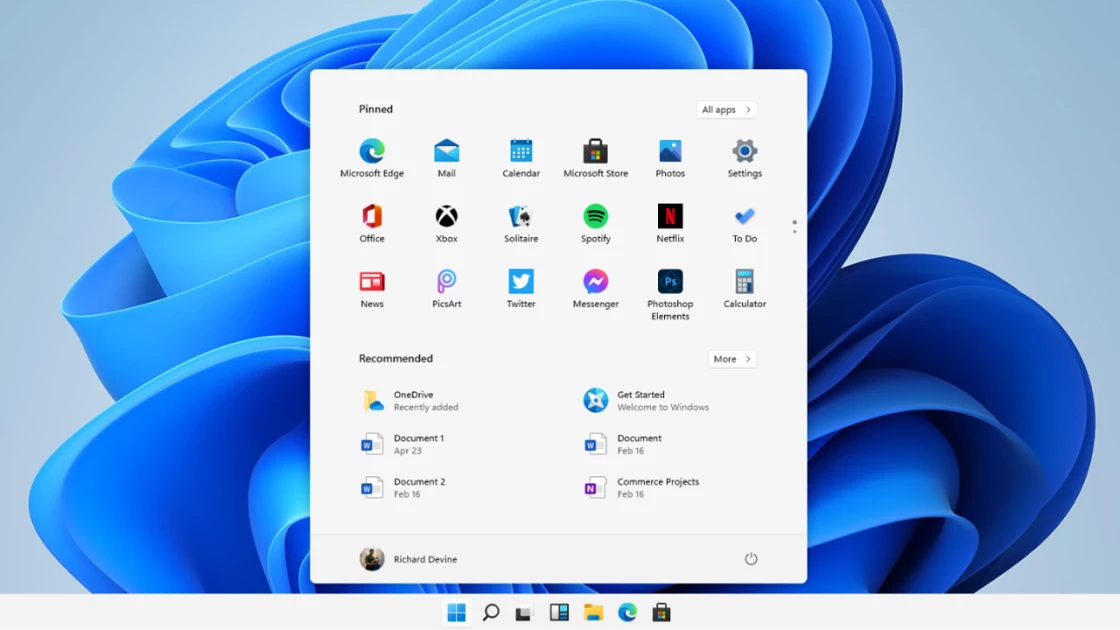

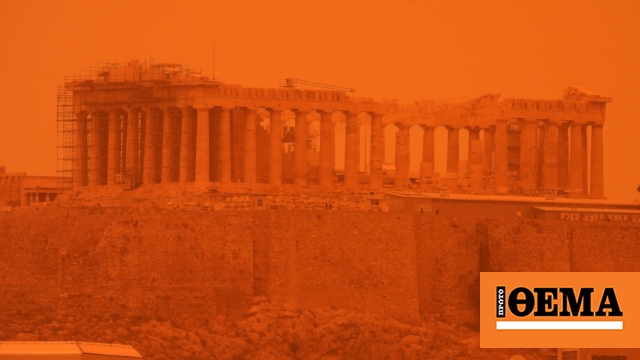
More Stories
Discovery of a giant mass grave 2,200 years old
Putin launches an anti-corruption operation
Cardiologist's #1 daily habit for better heart health